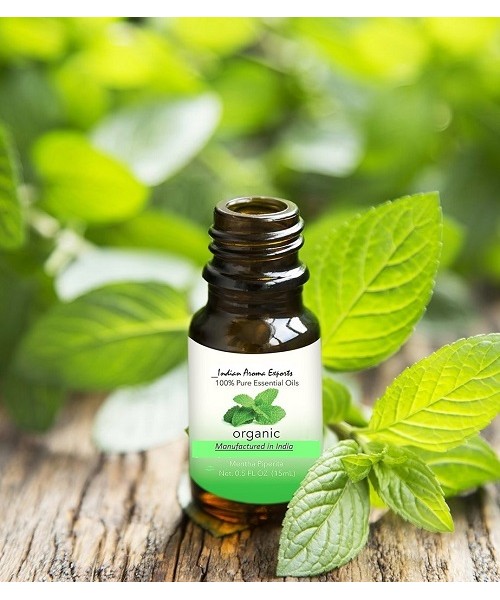DESCRIPTION:
The cinnamon tree is an evergreen native to China & Vietnam and has shiny, leathery green leaves as well as small, white flowers with oval shaped purple Known by the botanical name Cinnamomum zeylanicum, Cinnamon Bark extract is taken from the Bark berries.
BLENDS WITH:
Lavender, Frankincense, Cedarwood, Citrus Oils, Elemi, Ylang Ylang and other floral notes, Benzoin.
CONSTITUENTS:
Primarily contains 35 – 60% thymol, p-cymine (10-16%), a-terepinene (10-16%), ß-pinene (4-5%) and dipenene (4-6%), Cinnamon bark oil; cinnamaldehyde, eugenol, benzaldehyde, pinene, cineol, phellandrene, furfurol, cymene, linalol, Cinnamon, leaf oil; eugenol acetate, cinnamaldehyde, benzyl benzoate, linalol.
USES:
Cinnamon Bark essential oil has good antiseptic properties and is perfect for topical applications. Its pleasant scent also makes it perfect additive to creams, soaps and lotions. Further, it also used for its warming, uplifting characteristic effect.Like nutmeg essential oil, cinamon bark oil also can help with digestive problems such as nausea, vomiting, intestinal cramping and even diarrhea. You can use it to help with digestive problems in a variety of ways. Try making a warm compress to cover the stomach and dripping a drop directly onto the compress. You could also simply inhale the oil to help with nausea.
|
Botonical Name |
: |
Cinnamomum zeylanicum |
|
CAS # |
: |
8015-91-6 |
|
Country of Origin |
: |
sri lanka |
|
Color & Odor |
: |
yellow or brown in color with earthy, woody and spicy odor |
|
Solubility |
: |
soluble in alcohol, insoluble in water |
|
Specific Gravity |
: |
1.01000 to 1.03000 @ 25.00 °C. |
|
Optical Rotation |
: |
0° to 2° @30°C |
|
Refractive Index |
: |
1.57300 to 1.59100 @ 20.00 °C. |
|
Flash Point |
: |
160.00 °F. TCC ( 71.11 °C. ) |
|
Major Constituents |
: |
Cinnamon bark oil; cinnamaldehyde, eugenol, benzaldehyde, pinene, cineol, phellandrene, furfurol, cymene, linalol, Cinnamon, leaf oil; eugenol acetate, cinnamaldehyde, benzyl benzoate, linalol. |
|
Extraction Method |
: |
Steam Distillation |

